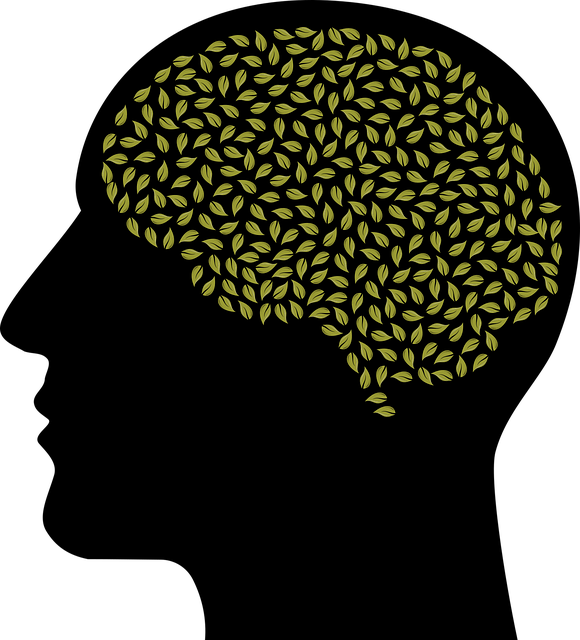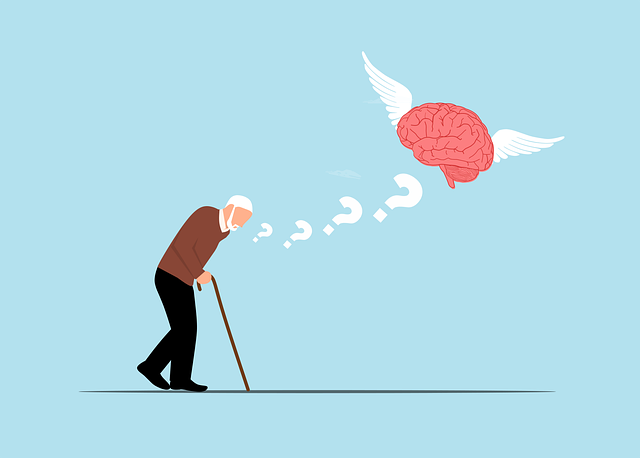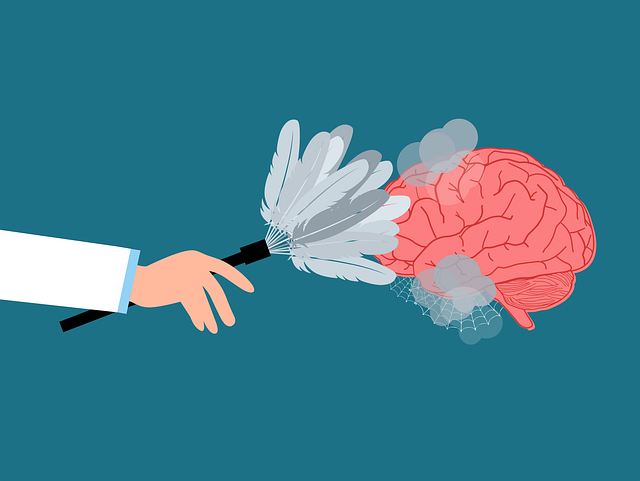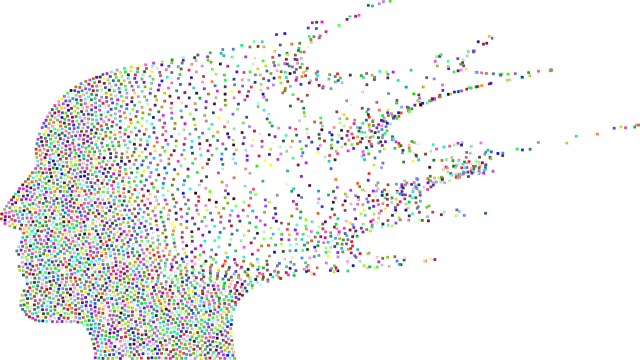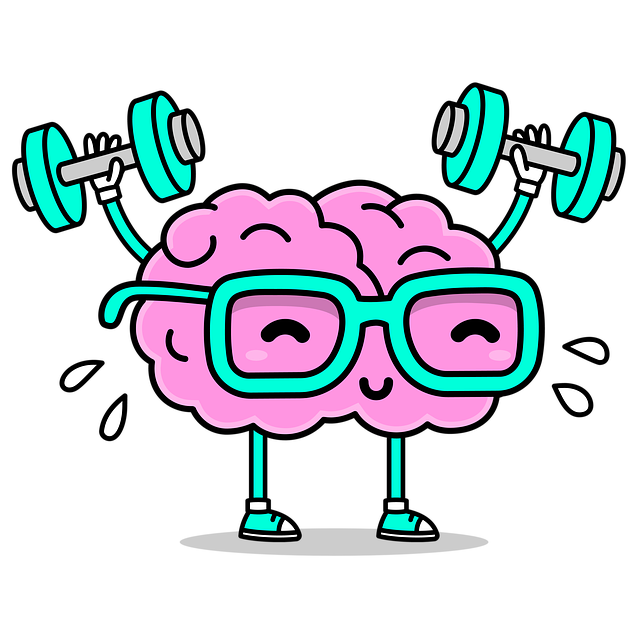Boulder Eating Disorders Therapy emphasizes positive thinking as a core element of mental wellness treatment. By addressing and challenging negative thought patterns, it helps individuals manage eating disorders effectively. The approach integrates exercises like compassion cultivation, mindfulness, gratitude practices, and tailored cognitive behavioral therapy techniques. Cultural sensitivity ensures diverse backgrounds receive personalized care, while risk management planning creates a safe environment for positive thinking to flourish. Through strategic programming, community outreach, and regular evaluation, Boulder Eating Disorders Therapy promotes sustainable mental well-being for those struggling with eating disorders.
In the pursuit of holistic well-being, particularly within the context of Boulder Eating Disorders Therapy, positive thinking exercises have emerged as a potent tool. This article delves into the transformative power of positive thinking on mental health, examining its role in addressing eating disorders. We’ll explore effective strategies for implementing a structured program, highlight the integration of mindfulness and gratitude practices, and provide guidance on measuring success and adapting protocols for optimal results.
- Understanding Positive Thinking and Its Impact on Mental Health
- Identifying Negative Thought Patterns in Eating Disorders
- Strategies for Implementing a Positive Thinking Exercise Program
- Incorporating Mindfulness and Gratitude Practices into Daily Routines
- Measuring Success and Adjusting the Positive Thinking Exercise Protocol
Understanding Positive Thinking and Its Impact on Mental Health

Positive thinking, a cornerstone of mental wellness, refers to a mindset focused on optimism and the belief in positive outcomes. It involves actively shifting one’s attention from negative thoughts and circumstances to constructive and uplifting ones. This simple yet powerful approach has profound implications for mental health, particularly in mitigating the impact of conditions like eating disorders. Boulder Eating Disorders Therapy often integrates positive thinking exercises as part of its treatment framework.
Practices such as compassion cultivation, which encourages individuals to cultivate self-compassion and kindness towards themselves, are effective tools in promoting positive thinking. Cultural sensitivity in mental healthcare practice is also essential, ensuring that therapeutic approaches are tailored to an individual’s unique background and experiences. Moreover, risk management planning for mental health professionals plays a critical role in creating a safe and supportive environment where positive thinking can flourish, ultimately enhancing the effectiveness of therapy.
Identifying Negative Thought Patterns in Eating Disorders

Many people struggling with eating disorders also battle internalized negative thought patterns that significantly impact their mental wellness. Identifying and challenging these thoughts is a crucial step in Boulder Eating Disorders Therapy. Individuals may experience distorted thinking, such as believing they are unworthy or inadequate, which can lead to unhealthy behaviors like excessive dieting or binging. These negative cycles often stem from underlying issues like stress management difficulties or unresolved conflicts.
Through mental wellness journaling exercises and conflict resolution techniques, individuals can begin to recognize these thought patterns. By documenting their feelings and experiences, they gain valuable insights into triggers and recurring themes in their minds. This self-awareness is empowering, enabling them to reframe negative thoughts more objectively. Effective stress management strategies, such as mindfulness practices or cognitive behavioral therapy, further assist in transforming these harmful narratives, fostering a healthier relationship with food and the self.
Strategies for Implementing a Positive Thinking Exercise Program

Implementing a Positive Thinking Exercise program requires strategic planning and adaptability. Firstly, assess the target audience’s needs and preferences. Given that Boulder Eating Disorders Therapy often involves individuals with unique challenges, tailoring exercises to address specific issues like stress management or body image perception is crucial. This could involve incorporating mindfulness practices, affirmations, or even creative outlets like journaling to foster positive self-talk.
Community outreach plays a vital role in promoting these programs. Similar to effective Healthcare Provider Cultural Competency Training, reaching out to local communities, schools, and support groups ensures widespread access to stress reduction methods. A well-structured Community Outreach Program Implementation can help break down barriers to care, making positive thinking exercises more inclusive and beneficial for all.
Incorporating Mindfulness and Gratitude Practices into Daily Routines

Incorporating mindfulness and gratitude practices into daily routines can significantly enhance one’s mental well-being, especially for those navigating challenges like eating disorders in Boulder. Mindfulness encourages individuals to be fully present in the moment, observing their thoughts and feelings without judgment. This simple yet powerful practice can help manage symptoms of depression prevention and build resilience by fostering a deeper connection with oneself and one’s surroundings. By taking a few minutes each day to engage in mindfulness meditation, individuals can learn to detach from negative thought patterns and cultivate a more positive outlook.
Gratitude is another vital tool for promoting mental health. Expressing gratitude involves acknowledging and appreciating the good things in life, no matter how small. This simple act can shift one’s focus from what’s lacking to what’s abundant, fostering a sense of contentment and overall satisfaction. Incorporating gratitude into daily routines, such as writing down three things one is thankful for each day, can help individuals cultivate a positive mindset and improve their quality of life, including those seeking Boulder eating disorders therapy.
Measuring Success and Adjusting the Positive Thinking Exercise Protocol

Measuring success and adjusting the positive thinking exercise protocol are crucial steps in Boulder eating disorders therapy. Success can be quantified through regular check-ins with clients, where therapists assess changes in thought patterns, emotional regulation, and overall well-being. These sessions allow for open dialogue about what’s working and what needs refinement. For instance, a client engaging in daily gratitude practices might report increased positivity but persistent negative self-talk during challenging situations. This feedback guides therapists to integrate additional strategies, such as compassion cultivation practices or mindfulness meditation, tailored to address specific barriers.
Adjustments to the positive thinking exercise protocol ensure its effectiveness and relevance for each individual. Therapists may incorporate social skills training to help clients navigate interpersonal interactions with a more positive lens, or introduce new exercises based on recent research in cognitive behavioral therapy. Regular evaluation enables therapists to tailor interventions, fostering sustainable positive thinking that extends beyond the therapy room, ultimately supporting individuals in their journey towards recovery from eating disorders in Boulder.
Implementing positive thinking exercises as part of a comprehensive therapy program, such as those offered by Boulder Eating Disorders Therapy, can significantly enhance mental well-being. By identifying and challenging negative thought patterns, individuals struggling with eating disorders can cultivate a healthier mindset. Incorporating mindfulness and gratitude practices into daily routines further reinforces this transformation. Regular measurement of progress allows for adjustments to the exercise protocol, ensuring its effectiveness in promoting positive change. Through dedication and consistent application, these strategies empower individuals to lead more fulfilling lives, free from the constraints of disordered thinking.
